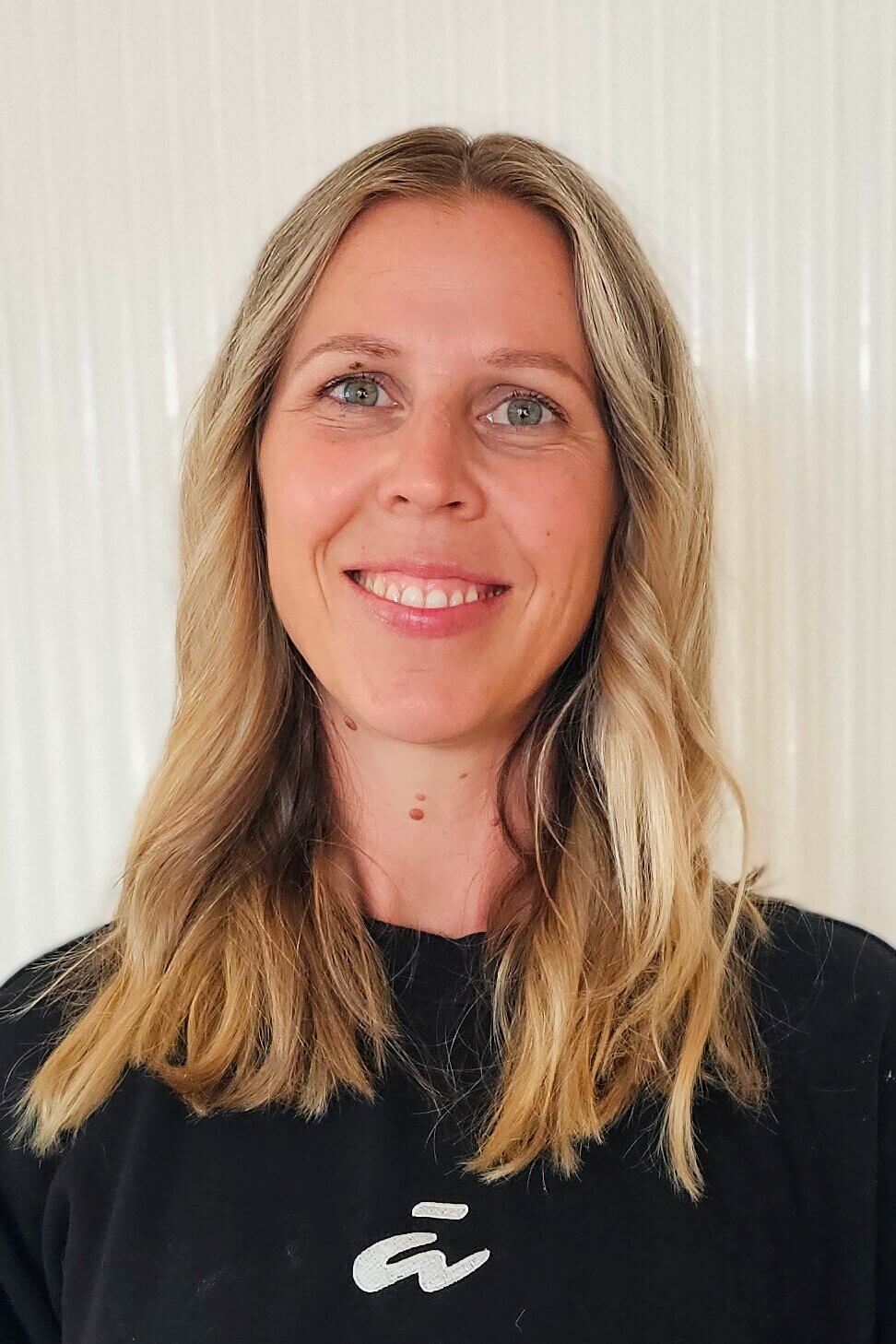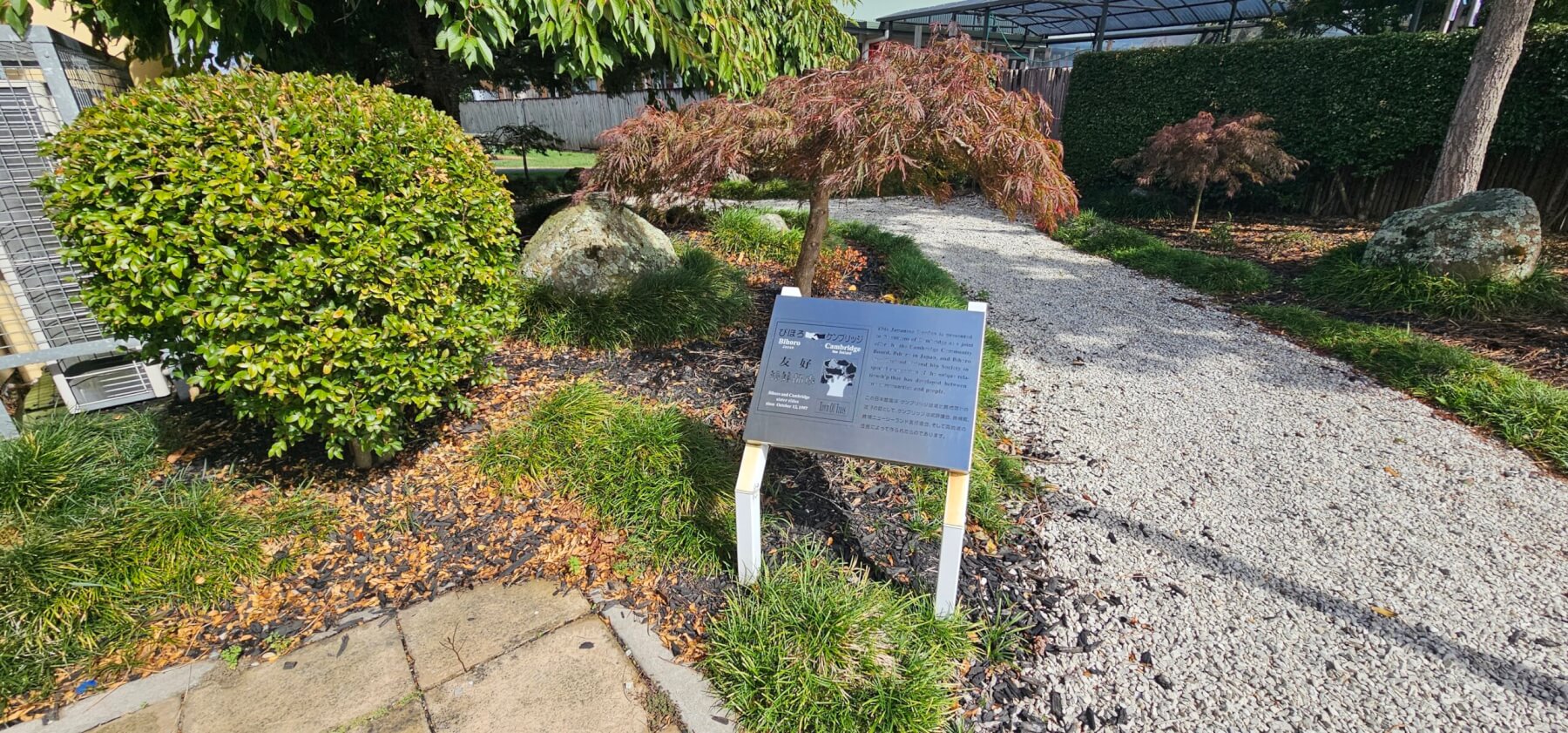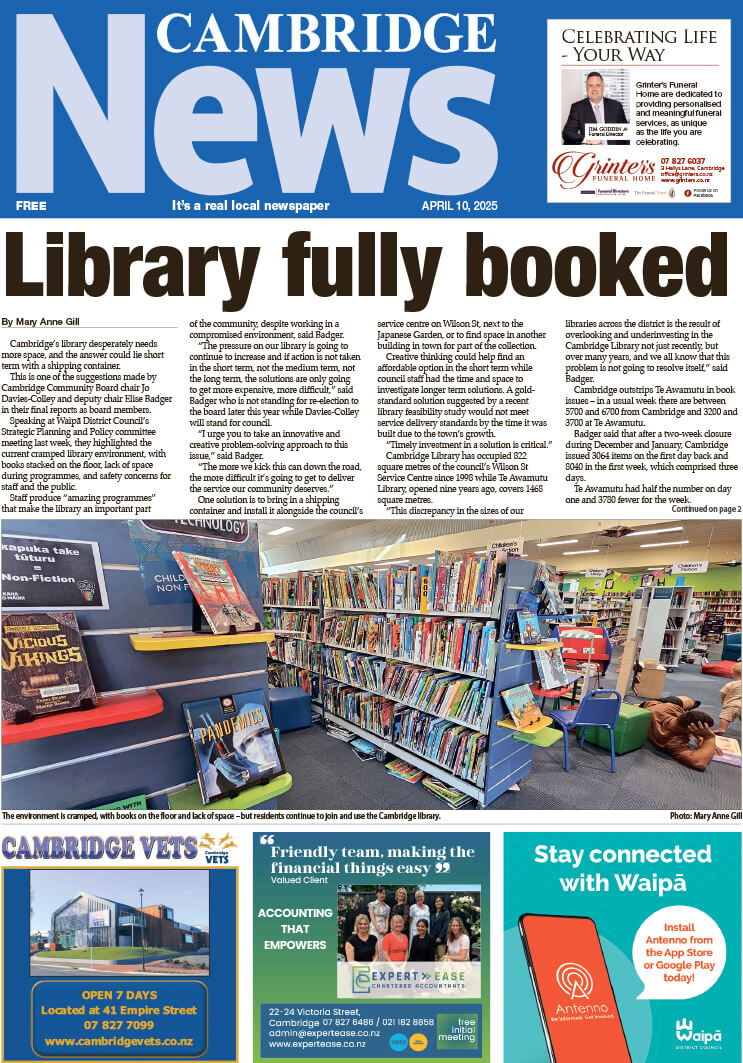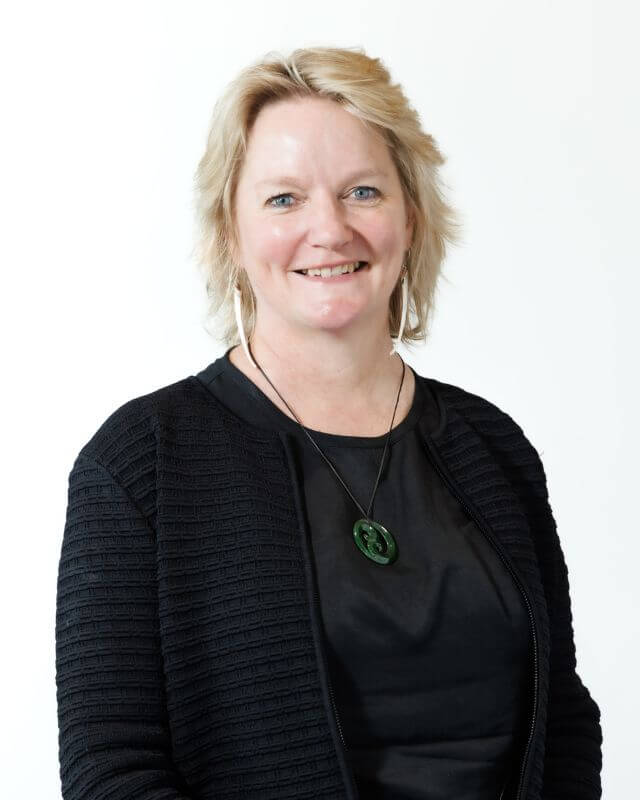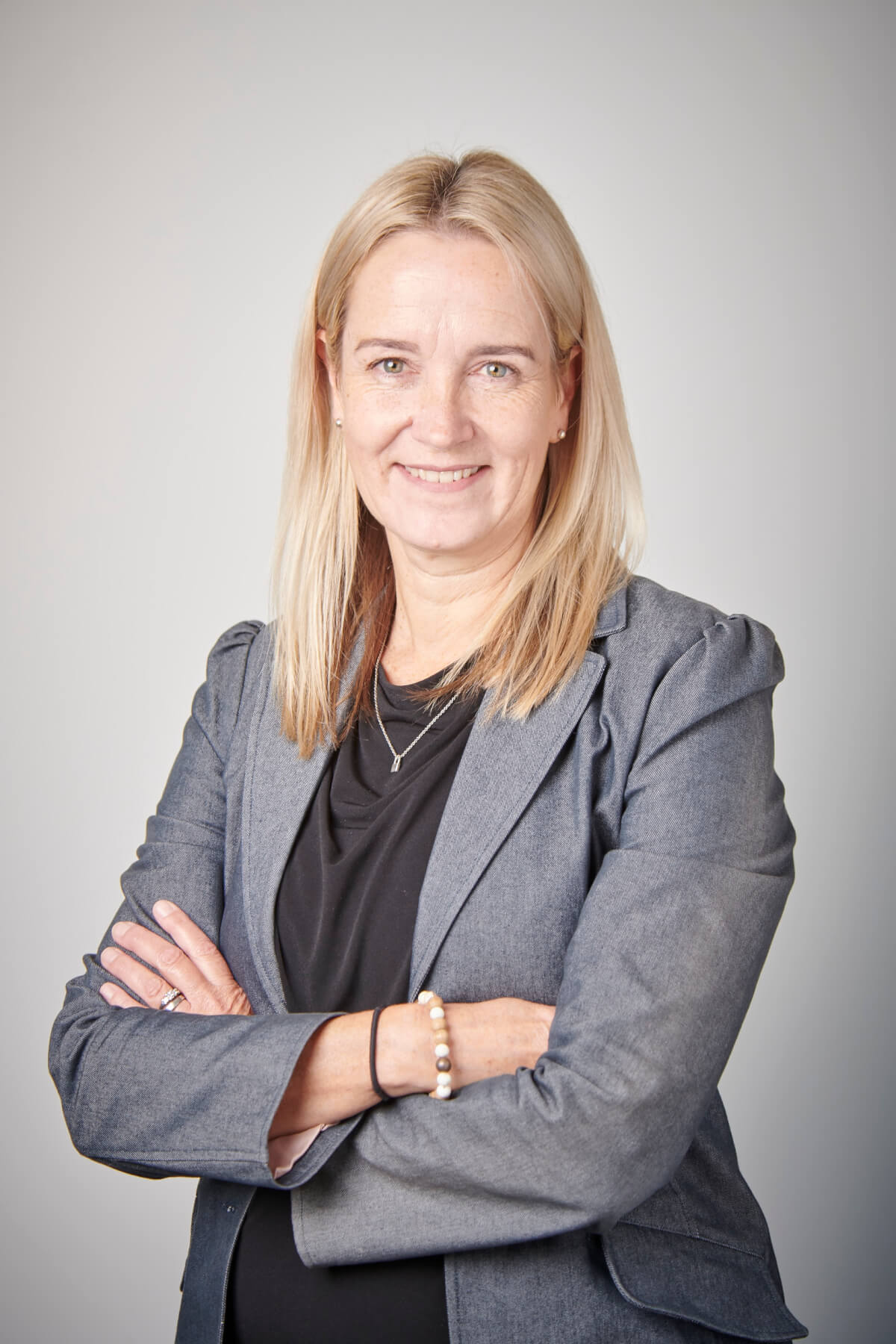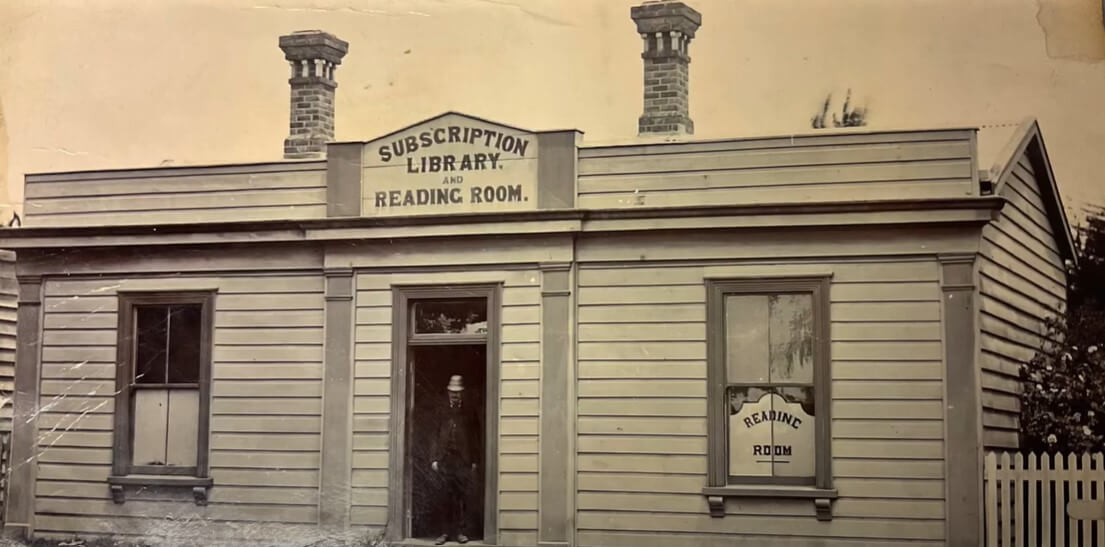Cambridge’s library desperately needs more space, and the answer could lie short term with a shipping container.
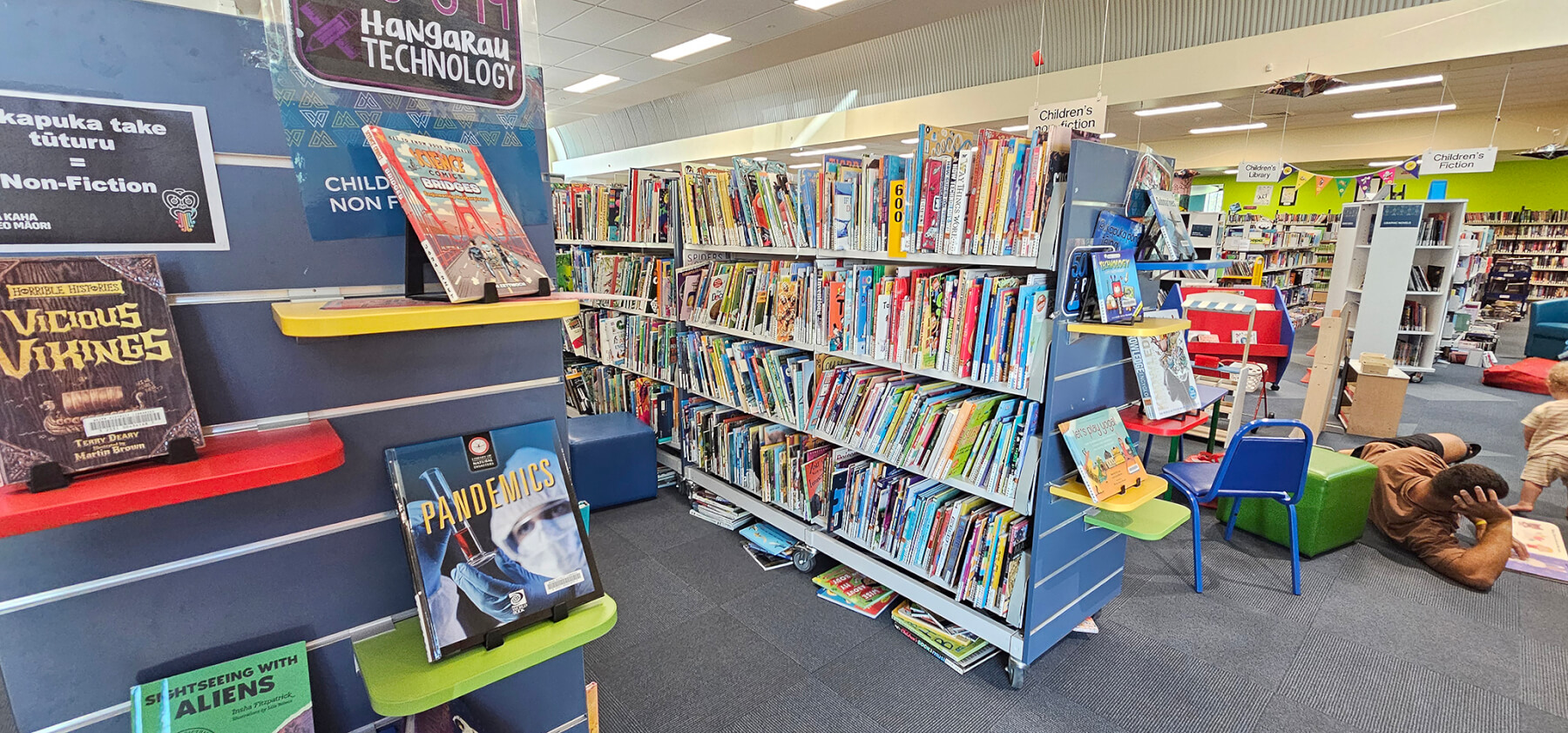
The environment is cramped, with books on the floor and lack of space – but residents continue to join and use the Cambridge library. Photo: Mary Anne Gill
This is one of the suggestions made by Cambridge Community Board chair Jo Davies-Colley and deputy chair Elise Badger in their final reports as board members.
Speaking at Waipā District Council’s Strategic Planning and Policy committee meeting last week, they highlighted the current cramped library environment, with books stacked on the floor, lack of space during programmes, and safety concerns for staff and the public.
Staff produce “amazing programmes” that make the library an important part of the community, despite working in a compromised environment, said Badger.
“The pressure on our library is going to continue to increase and if action is not taken in the short term, not the medium term, not the long term, the solutions are only going to get more expensive, more difficult,” said Badger who is not standing for re-election to the board later this year while Davies-Colley will stand for council.
“I urge you to take an innovative and creative problem-solving approach to this issue,” said Badger.
“The more we kick this can down the road, the more difficult it’s going to get to deliver the service our community deserves.”
One solution is to bring in a shipping container and install it alongside the council’s service centre on Wilson St, next to the Japanese Garden, or to find space in another building in town for part of the collection.
Creative thinking could help find an affordable option in the short term while council staff had the time and space to investigate longer term solutions. A gold-standard solution suggested by a recent library feasibility study would not meet service delivery standards by the time it was built due to the town’s growth.
“Timely investment in a solution is critical.”
Cambridge Library has occupied 822 square metres of the council’s Wilson St Service Centre since 1998 while Te Awamutu Library, opened nine years ago, covers 1468 square metres.
“This discrepancy in the sizes of our libraries across the district is the result of overlooking and underinvesting in the Cambridge Library not just recently, but over many years, and we all know that this problem is not going to resolve itself,” said Badger.
Cambridge outstrips Te Awamutu in book issues – in a usual week there are between 5700 and 6700 from Cambridge and 3200 and 3700 at Te Awamutu.
Badger said that after a two-week closure during December and January, Cambridge issued 3064 items on the first day back and 8040 in the first week, which comprised three days.
Te Awamutu had half the number on day one and 3780 fewer for the week.
Chief executive Steph O’Sullivan said there was an opportunity to do something innovative and did not rule out using a container.
“I know other towns have done that while they’ve had less than ideal situations as well. So, I am absolutely up for the conversation with my team.”
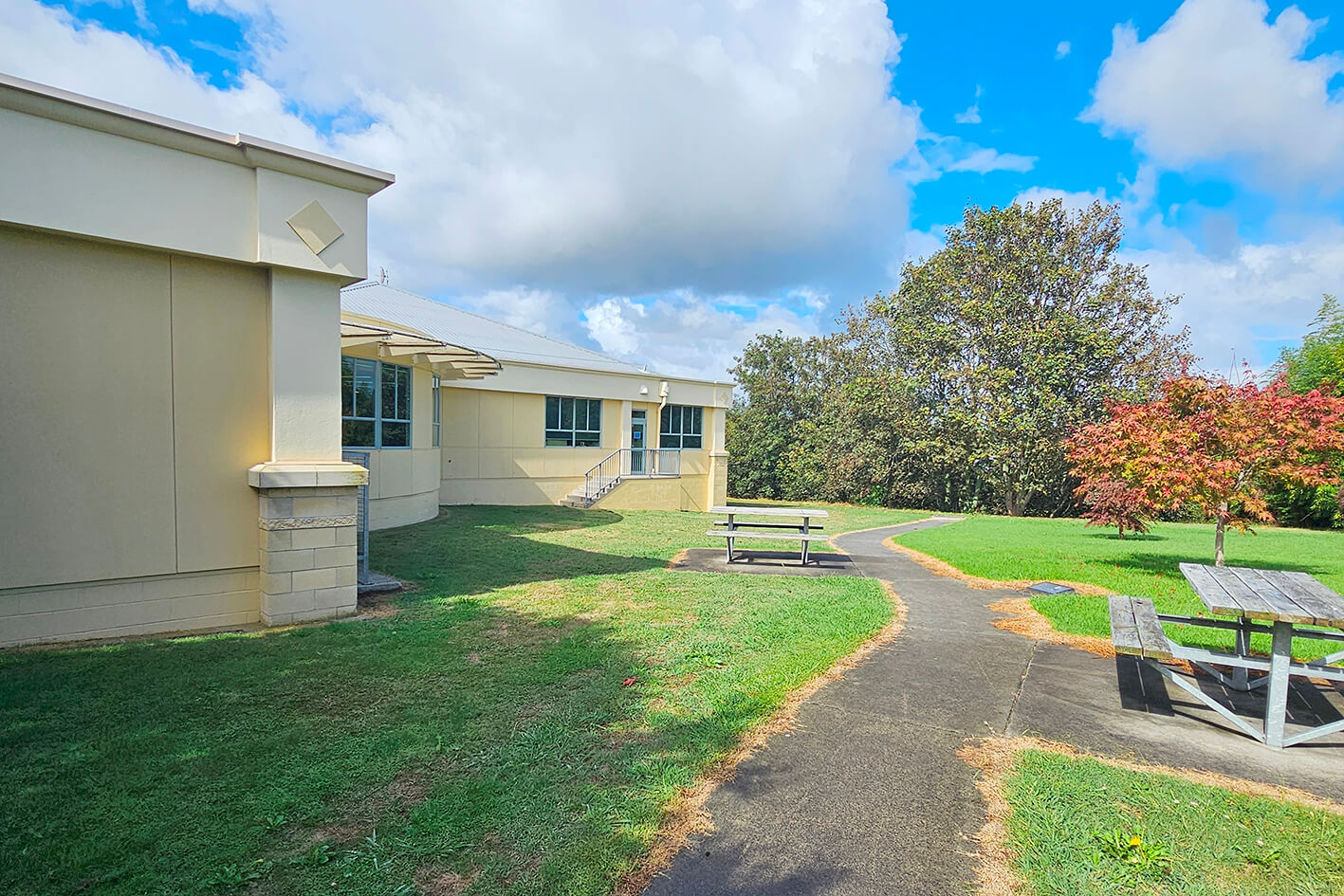
The space in the council’s service centre where Cambridge Community Board suggests a shipping container could be placed. Photo: Mary Anne Gill
She acknowledged the work library staff did, noting that there were a lot of people in the library for such a small space.
Mayor Susan O’Regan said the council still had a new Cambridge library in its planning.
“I just wanted to underline or accentuate that our current draft plan does make some provision for operational funding to keep what we refer to around this table as our cornerstone projects alive, of which, of course, the library is one of those.”
She acknowledged the frustration of users and the community.
“Whoever said that books and printed word is dead, eh? They misjudged that one certainly in Cambridge.”
Māori ward representative Dale-Maree Morgan said her Cambridge constituents told her housing, poverty and employment were their three biggest concerns and the library did not feature.
Cambridge Library is 153 years old and has a history of continually outgrowing itself.
It started inside the Cambridge Primary School building in 1872 and was moved to the main street and then into the Town Hall when it was built in 1909. There the Carnegie Free Public Library stayed until 1977 when it moved into premises where Robert Harris Café and LouLous Salon now operate.
See: Paua gets a library booking
See: Library books up 150 years
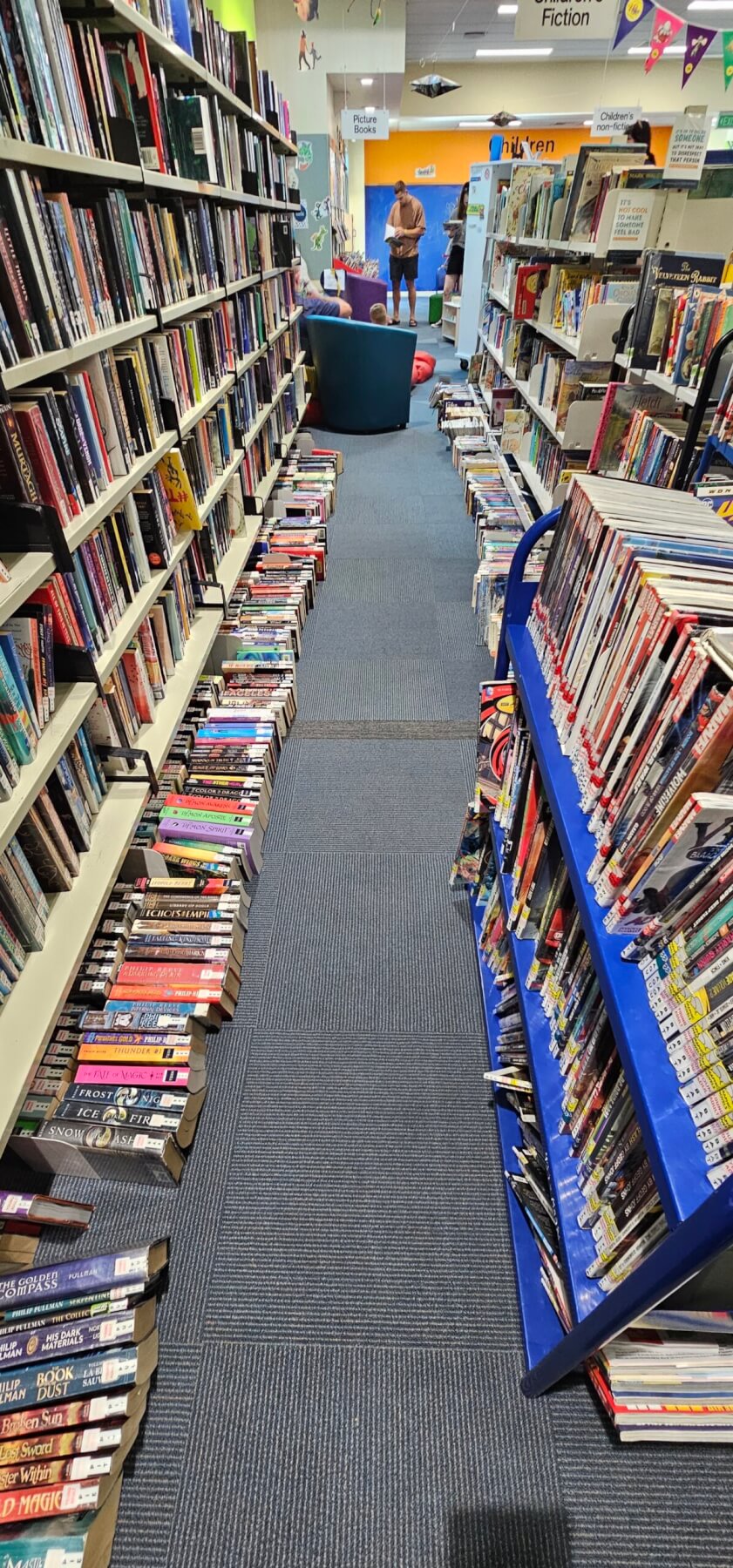
The environment is cramped, with books on the floor and lack of space – but residents continue to join and use the Cambridge library. Photo: Mary Anne Gill



